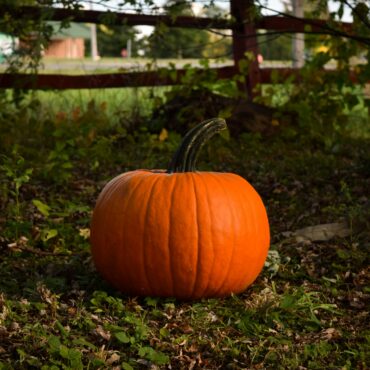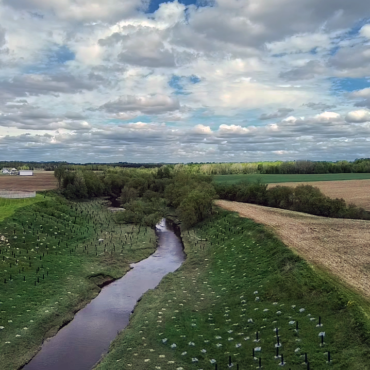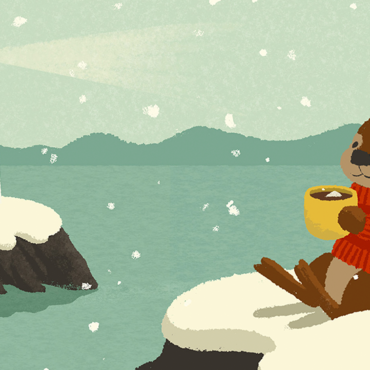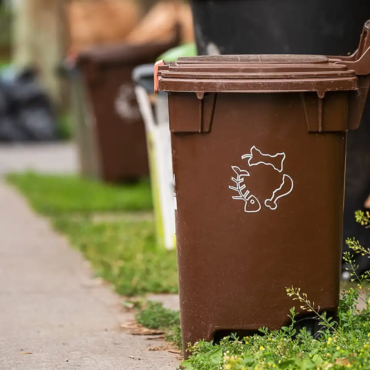Blog & News
Highlights
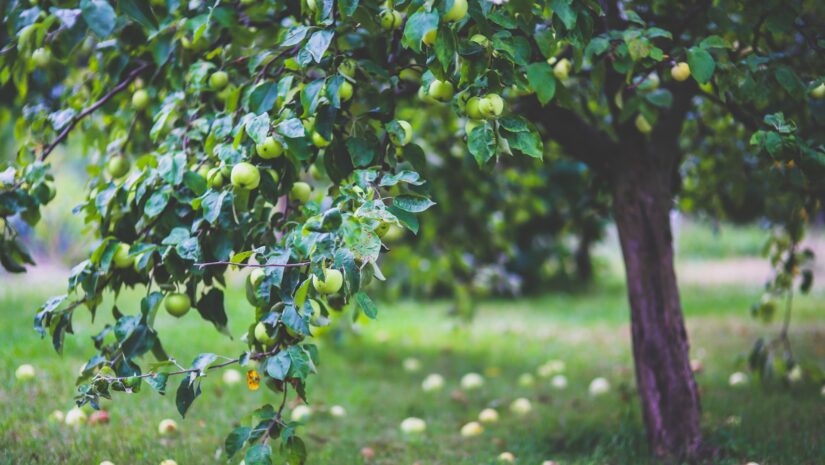
Have you ever wondered which vegetables and fruits harvested in Quebec are native to the province? Get ready for a delicious journey through time, where every bite tells a story—from the richness of Indigenous lands to the treasures cultivated over the centuries.
The Beginnings of Agriculture in Quebec
The agricultural history of Quebec dates back thousands of years, long before the arrival of European settlers. The First Nations, notably the Iroquoians, were already practicing the “three sisters” method—growing corn, beans, and squash—in the Saint Lawrence Valley.

This ingenious agricultural method allowed for complementary cultivation:
Corn: Planted first, it grows tall and provides a natural support for climbing beans.
Beans: They climb up the corn stalks, fixing nitrogen in the soil, which enriches it with essential nutrients for all three crops.
Squash: Planted at the base of the corn and beans, their large leaves cover the soil, reducing weed growth and helping retain moisture.
This method is a remarkable example of permaculture and ancestral wisdom in sustainable agriculture. It illustrates how traditional techniques can offer effective and environmentally friendly solutions for food production.
European Influence
With the arrival of French settlers in the 17th century, new varieties of fruits and vegetables were introduced. The settlers brought seeds from Europe and adapted their cultivation methods to local climatic conditions. This is how varieties of apples, pears, plums, and grapes began to appear in Quebec’s orchards.
And of course, I couldn’t write this article without focusing on Quebec’s emblematic fruit: the apple! Apples have been cultivated in Quebec since the early 17th century, with Jesuits planting apple trees on Mont-Royal in Montreal in 1670. Over time, the development of new varieties better suited to market needs supplanted those introduced long ago. Although more than a dozen varieties are grown in Quebec, it can sometimes be challenging to verify their origin in grocery stores. Did you know that the green apple originates from Australia and is mainly produced in the United States? A little tip: always check the labels and look for the Aliments du Québec logos before purchasing.
The English settlers introduced an element we love in gratin, mashed, or as chips—the potato. Cultivated since 1764, it spread to the point that, half a century later, the daily bread ration had halved.

Traditional Vegetables
Cabbage, introduced by French settlers, became a staple due to its ability to be preserved during Quebec’s long winters. Similarly, turnips and beets, with their hardiness, became essential vegetables in gardens.

Over the years, some traditional varieties almost disappeared, replaced by more productive hybrids. However, thanks to initiatives to preserve and promote ancient seeds, several forgotten varieties are experiencing a resurgence. This is the case with the Montreal melon, an ancient variety recently rediscovered and delighting our taste buds.
The Cultural Importance of Local Fruits and Vegetables
Locally grown fruits and vegetables in Quebec are not just food; they are living witnesses of the region’s history and culture. Each traditional variety tells a story of resilience and adaptation.
For example, apple harvesting in the fall is a deeply rooted tradition in Quebec culture, leading to festivals and community events celebrating this fruit. Similarly, local farmers’ markets, such as Jean-Talon and Atwater in Montreal, are places where one can discover and taste a wide range of locally grown products, thus strengthening the bond between farmers and consumers.

At Earth Day Canada, we strive to highlight these local products through The Travelling Jar. Besides being good for our health, eating local is just as good for the planet by favoring short supply chains. Discover various tools (vegetable sheets, recipes, videos…) that will allow you to step into the wonderful world of preserving local foods.
By rediscovering and celebrating these local foods from the last century or the 17th century, we can not only savor authentic flavors but also preserve a precious heritage for future generations.
Next time you bite into a Russett apple or enjoy a Montreal melon, remember that you are tasting a piece of Quebec’s history!
Enjoy your meal and happy discovery!

Communication Officer
Agathe Tréguesser
Agathe’s love of the great outdoors led her to the other side of the Atlantic, here in Quebec. Sensitive to environmental issues, she wishes to commit herself personally and professionally to the planet. With a master’s degree in communications, she is convinced that education and the popularization of information are major assets to a generalized awareness. Curious and adventurous by nature, she loves to discover new landscapes through hiking and backpacking.
View all posts...Related posts :
Contact us
Earth Day Canada
5818, boulevard Saint-Laurent
Montréal (Québec) H2T 1T3 Canada
Phone : (514) 728-0116
Toll free : 1 800 424-8758
Fax : (514) 303-0248
Email: hello@earthday.ca
2025 © Earth Day Canada. All rights reserved.
Privacy policy · Terms of use · Trademark
